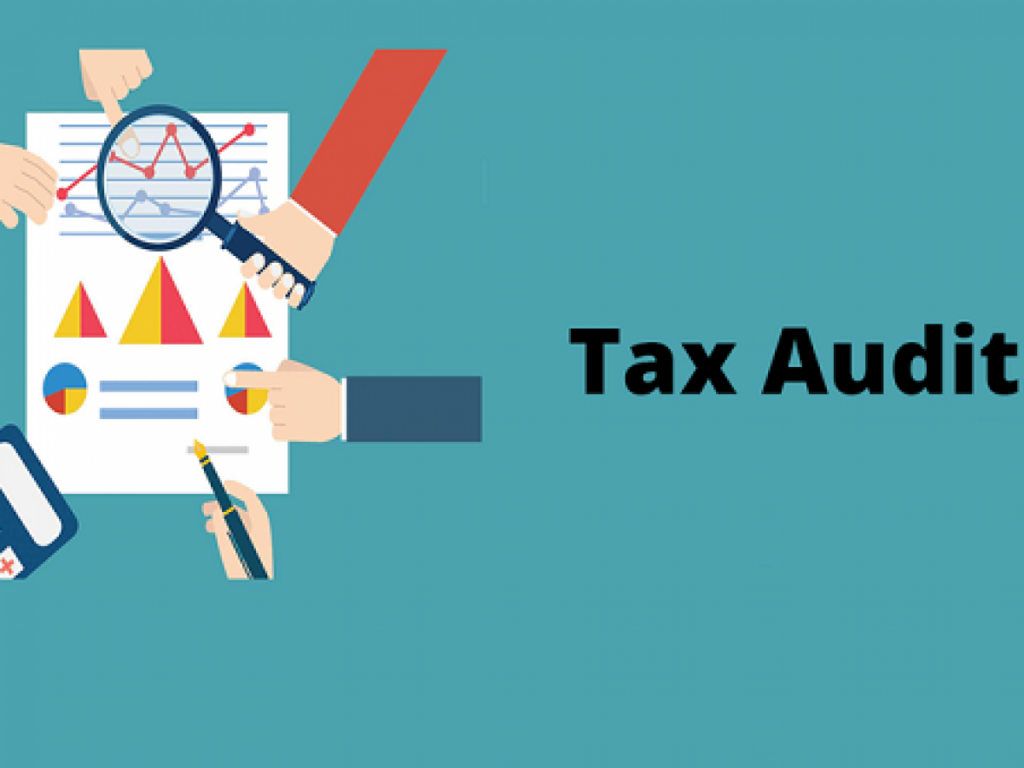Introduction
Taxation is a critical component of a country’s economy, ensuring revenue generation for public welfare and infrastructure development. However, to maintain transparency, accuracy, and compliance with tax laws, businesses and individuals must adhere to regulatory audits. One such essential audit is the Tax Audit. The objective of a tax audit is to examine and verify financial records to ensure that taxpayers comply with the applicable tax laws. It helps in preventing tax evasion and ensuring proper tax collection. This article delves into the definition, application, benefits, limitations, and comparative analysis of tax audits to understand their significance comprehensively.
Definition of Tax Audit
A tax audit is a systematic review of a taxpayer’s financial records, transactions, and statements to confirm adherence to tax laws. It is conducted by authorized tax professionals or government agencies to ascertain the accuracy of income and deductions reported in tax filings. Tax audits are mandated under various tax regulations to ensure businesses and individuals pay their fair share of taxes.
Application of Tax Audit
Tax audits apply to different categories of taxpayers based on statutory requirements. The applicability of a tax audit generally depends on factors such as turnover, income levels, and tax provisions. Some common areas where tax audits are applicable include:
- Businesses and Professionals: Entities exceeding a specified turnover or gross receipts must undergo tax audits as per the tax laws of their country.
- Companies and Corporations: Large-scale enterprises are subject to tax audits to ensure compliance with corporate taxation norms.
- Individuals with High Net Worth: High-income earners or those with complex financial portfolios may be subjected to tax audits.
- Entities Claiming Tax Benefits: Businesses or individuals availing tax exemptions or deductions may need to provide additional proof through a tax audit.
- Suspicious Transactions: Tax authorities may conduct an audit if irregularities or discrepancies are detected in tax filings.
Benefits of Tax Audit
A tax audit serves multiple purposes and offers several benefits:
- Ensures Tax Compliance: It helps businesses and individuals comply with tax regulations, avoiding legal repercussions.
- Detects Fraud and Errors: Audits identify fraudulent activities, misreporting, or unintentional errors in tax filings.
- Prevents Tax Evasion: By scrutinizing financial records, tax audits deter individuals and corporations from evading taxes.
- Enhances Financial Discipline: Regular tax audits encourage businesses to maintain systematic financial records.
- Facilitates Smooth Tax Assessments: A properly conducted tax audit reduces the chances of disputes with tax authorities and ensures smooth tax processing.
- Increases Credibility: Audited financial statements enhance the credibility of businesses in the eyes of stakeholders, investors, and regulatory bodies.
Limitations of Tax Audit
Despite its advantages, tax audits have certain limitations:
- Time-Consuming Process: Conducting a tax audit requires substantial time and resources, especially for large organizations.
- Cost Factor: Businesses may incur significant expenses in hiring professionals to conduct the audit.
- Risk of Subjectivity: Interpretation of financial statements and tax laws may vary, leading to discrepancies between auditors and taxpayers.
- Privacy Concerns: A tax audit involves a detailed examination of financial records, which may raise concerns over data confidentiality.
- Possibility of Errors: Despite meticulous auditing, human or technical errors can occur, leading to incorrect assessments.
Comparative Table: Tax Audit vs. Other Types of Audits
| Feature | Tax Audit | Statutory Audit | Internal Audit | Forensic Audit |
|---|---|---|---|---|
| Objective | Ensure tax compliance and prevent evasion | Verify financial statements for regulatory compliance | Evaluate internal controls and operational efficiency | Investigate financial fraud or irregularities |
| Conducted by | Tax professionals or government tax authorities | Independent auditors as per company law | Internal auditors within the organization | Forensic experts or investigative auditors |
| Mandated by | Tax laws and revenue authorities | Company laws and financial regulations | Management for business improvement | Legal or regulatory bodies for fraud detection |
| Scope | Focuses on tax calculations, deductions, and exemptions | Covers overall financial statements | Reviews internal processes and risk management | Examines fraudulent activities and legal violations |
| Applicability | Businesses, professionals, high-net-worth individuals | Companies, corporations, organizations | Any business for self-assessment | Businesses and individuals under investigation |
Conclusion
A tax audit is a crucial mechanism for maintaining transparency and fairness in the taxation system. It plays a vital role in ensuring taxpayers comply with tax laws, preventing fraud, and fostering financial discipline. While it comes with certain challenges such as time consumption and costs, the advantages far outweigh the limitations. By implementing proper tax audit procedures, businesses and individuals can not only avoid legal complications but also contribute to the overall economic stability of the country. Understanding the objectives and importance of tax audits allows taxpayers to navigate financial compliance more effectively, ensuring a robust and trustworthy tax system.
FAQs:
To Visit https://www.incometax.gov.in/

